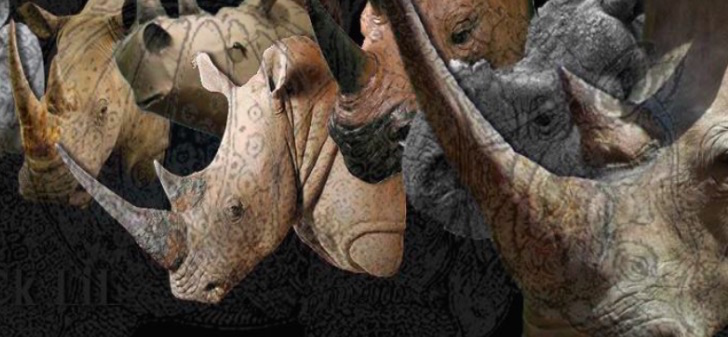Environmental and Planetary Futures Project

The Environmental and Planetary Futures Project undertakes rigorous independent social science research that forms the basis for sound evidence-based interventions to disrupt illicit economies and repair the future .
The focus is on the governance (understood as the shaping of the flow of events) of illegal economies by a wide variety of nodes, for example: state and non-state; public and private; legal, grey and illegal; and, urban, peri-urban and rural. Understanding the governance of safety and security is thus the point of departure, with illegal wildlife economies and the ecosystems that support them being one of the focus areas, as well as their intersections with legal economies.
One of our key research question asks how illegal and legal global wildlife economies operate. Based on our empirical research including fieldwork in affected local and indigenous communities, we analyse which trades and activities are beneficial or damaging to ecological systems and our future planet. Termed pragmatic conservation, our evidence-based interventions identify the most appropriate leverage points to disrupt illegal wildlife economies and strengthen legal ones. We are working towards a just and equitable conservation model that recognises Indigenous Peoples and local communities as fulcrum institutions.
Another focal areas explores contested illegality a legitimization mechanism employed by actors in illicit economies that do not accept the label of illegality imposed upon their activities. As an examples, actors in illicit wildlife economies feel they have the right to use and harvest rare or endangered wildlife which the law of the land often bans or forbids. Invariably, there is an interface between legal and illegal markets and the boundaries of ethical greyness are easily crossed especially in cases where laws and regulations lack social legitimacy.
Get in touch with programme thematic lead Annette Hübschle @ annette.hubschle@uct.ac.za
Research projects:
· TRANSFORM project: Trafficking transformations: objects as agents in transnational criminal networks. European Research Council starting grant to study how objects influence criminal networks, with a particular focus on objects such as antiquities, fossils, and rare and collectable wildlife, such as exploring the exotic pet trade.
· Pragmatic conservation: Design principles for wildlife conservation in the new post-covid-19 world
· The social economy of poaching: Research on how local communities are incentivised to participate in illegal and legal wildlife economies
· Community perceptions of conservation stakeholders and vice versa in the Greater Kruger: a study on community perceptions, attitudes and beliefs as to whether their relationship with conservation stakeholders is improving
· Rural crime perception survey: Research documenting safety and security concerns of rural citizens living near protected areas
· Policing of/through flows: Research into fluid interfaces between legality and illegality in wildlife supply networks
· Contested illegality: Unpacking legality/illegality and legitimacy/illegitimacy in illicit economies
· Wildlife poisoning in the Great Limpopo Transfrontier Conservation Area: a baseline study on the drivers of wildlife poisoning and impacts on rural communities
· The illegal rhino horn market: A multi-sited ethnography following rhino horn from the source to the market
· Valuation in illegal markets: on-going research into consumption, demand and valuation in illegal (wildlife) economies
· Nodal governance: On-going research into the role of ‘upperworld’ actors in illicit economies, including industry actors, the transport, banking and import-export sectors
· Understanding the harm landscapes of the 21st century: Exploratory research into harm landscapes associated with ecological and environmental damage, water security and climate change and respective ecosystems of support
